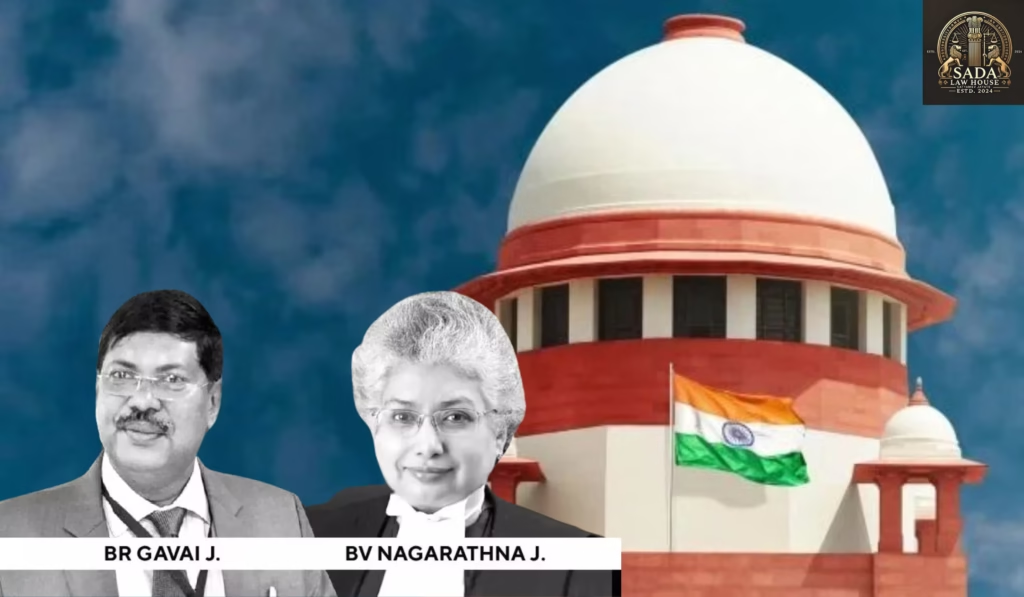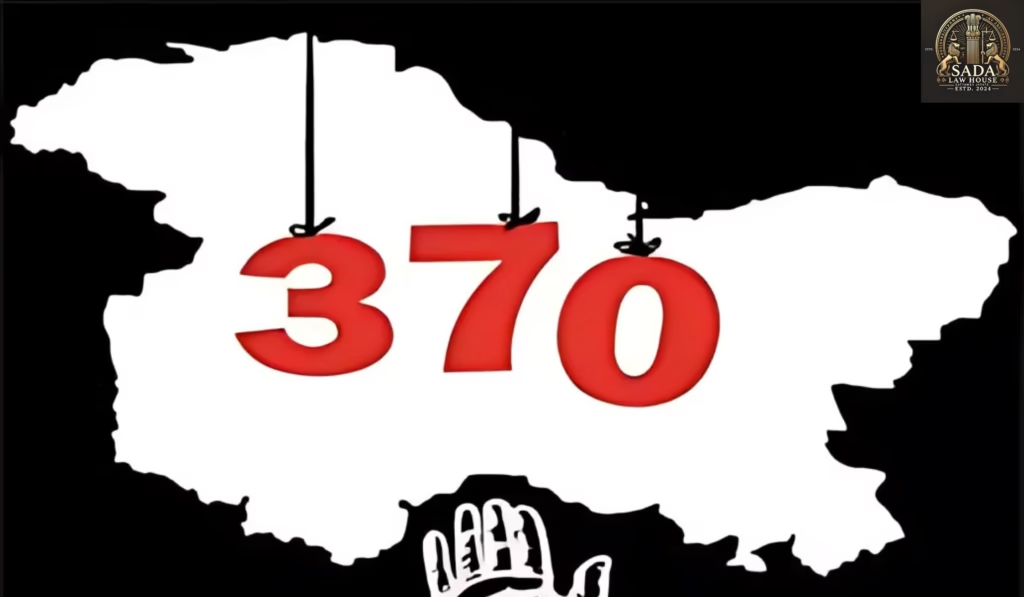Supreme Court Strikes Down Assam’s Rural Health Act: Only MBBS Holders Can Practice Modern Medicine
Trending Today Supreme Court Strikes Down Assam’s Rural Health Act: Only MBBS Holders Can Practice Modern Medicine US Court Convicts 6 NRIs in $15 Million Hawala Scam Tied to Dark Web and Money Laundering Supreme Court Ruling: Land Ownership Requires Valid Title, Not Just Registration K.T. Rama Rao Under Fresh Scrutiny in ₹55 Crore Formula E Probe: ACB Investigates Public-Private Deal Irregularities Legal Action in Kedarnath Helicopter Crash: Aviation Safety Under Scrutiny After Tragedy INTERNSHIP OPPORTUNITY AT JLS LAW LEGAL JOB OPPORTUNITY AT JUSPAY, BENGALURU LEGAL JOB OPPORTUNITY AT GOODYEAR, DELHI LEGAL JOB OPPORTUNITY AT BATA, GURGAON RBI Narrows Call Money Rate Band to Signal Liquidity Tightening and Inflation Focus Supreme Court Strikes Down Assam’s Rural Health Act: Only MBBS Holders Can Practice Modern Medicine NISHA KUMARI 18 June 2025 In a landmark 2023 judgment, the Supreme Court of India ruled the Assam Rural Health Regulatory Authority Act unconstitutional, affirming that only MBBS-qualified professionals can practice modern medicine in India. Introduction: Legal Battle Over Rural Healthcare and Medical Qualifications In the case of Baharul Islam v. Indian Medical Association (24 January 2023), the Supreme Court of India examined a crucial constitutional conflict between state and central legislative powers. At the heart of the dispute was Assam’s attempt to address rural healthcare shortages by allowing specially trained non-MBBS practitioners to offer basic allopathic medical services. However, the Indian Medical Association (IMA) opposed this move, emphasizing that only those with MBBS qualifications recognized under the Indian Medical Council Act, 1956 should be allowed to practice modern medicine. Background: Assam’s Effort to Bridge Rural Healthcare Gaps Assam Rural Health Regulatory Authority Act, 2004 To combat a lack of medical professionals in rural Assam, the state government passed the Assam Rural Health Regulatory Authority Act in 2004. This law established a new healthcare cadre: Diploma Holders in Medicine and Rural Health Care (D.M.R.H.C.) Received three years of specialized training focused on rural medical services Authorized to practice basic allopathic medicine in remote areas These diploma holders were registered under the Assam Rural Health Regulatory Authority (ARHRA) and permitted to provide treatments, prescribe medications, and perform minor surgical procedures—exclusively in rural areas. IMA’s Legal Challenge and the High Court’s Decision The Indian Medical Association, Assam Branch, filed a petition against the Assam Act in the Gauhati High Court, arguing: The Act violated the Indian Medical Council Act, 1956 Only individuals with recognized medical qualifications (like MBBS) could legally practice modern medicine The State Legislature lacked the authority to set medical education standards or license alternative practitioners In 2014, the Gauhati High Court ruled in favor of the IMA, declaring the Assam Act unconstitutional for encroaching on Entry 66 of List I (Union List) of the Constitution of India, which gives exclusive power to Parliament of India over medical education standards. Supreme Court Appeal: Can States Regulate Rural Medical Practice? Petitioners’ Argument: Public Health and State Rights Baharul Islam and other diploma holders appealed to the Supreme Court of India in 2023, arguing: Their training addressed a critical rural healthcare need The State had the right to legislate under Entries 25 and 6 of List II (State List) concerning education and public health The Assam Act was not about educational standards, but about practical healthcare delivery in underserved areas Supreme Court Verdict: Upholding Medical Education Standards On 24 January 2023, a bench comprising Justice B.R. Gavai and Justice B.V. Nagarathna upheld the High Court’s judgment. The Supreme Court declared the Assam Rural Health Regulatory Authority Act, 2004 unconstitutional, stating: Key Takeaways from the Judgment Violation of Entry 66, List I (Union List)The Assam Act intruded into Parliament’s exclusive domain regarding standards for medical education and recognition of qualifications. DMRHC Practitioners Not Legally AuthorizedThese diploma holders could not be considered qualified to practice modern medicine under the Indian Medical Council Act, 1956. Public Health Concerns Cannot Override Legal StandardsEven urgent rural health needs do not justify permitting unqualified individuals to offer modern medical treatments. States Cannot Contradict Central LawsThe court emphasized that while states can regulate public health, they cannot override central laws or standards in medical education and professional qualification. Conclusion: MBBS is Mandatory for Allopathic Practice in India This Supreme Court ruling reinforces the constitutional principle that medical education standards fall within the exclusive jurisdiction of the central government. The Assam Act was struck down because it violated national laws and compromised medical standards. Implications of the Verdict: Only individuals with recognized MBBS degrees can legally practice modern medicine in India State governments cannot authorize alternate practitioners to bypass central medical regulations Rural healthcare challenges must be addressed within the framework of national medical standards Leave a Reply Cancel Reply Logged in as Sada Law. Edit your profile. Log out? Required fields are marked * Message* Case Laws Supreme Court Strikes Down Assam’s Rural Health Act: Only MBBS Holders Can Practice Modern Medicine Sada Law • June 18, 2025 • Case law • No Comments Supreme Court Affirms Right to Anticipatory Bail Across States in Matrimonial Disputes: Priya Indoria v. State of Karnataka (2023) Sada Law • June 13, 2025 • Case law • No Comments Supreme Court Rules on Governor’s Limited Discretion to Withhold Assent and Summon Punjab Legislative Assembly | State of Punjab v. Principal Secretary (2023) Sada Law • June 13, 2025 • Case law • No Comments 1 2 3 … 5 Next »


